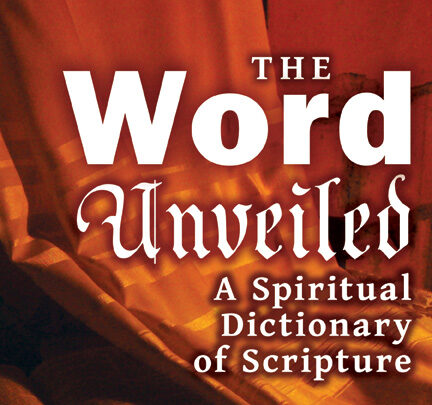If one goes looking for secret meanings in the Bible, the parables of Jesus are the most logical place to begin. By definition, they conceal secrets, for a parable is a story that makes its point by hiding it beneath another superficial story, after all. Yet, Jesus apparently never had any hope that all those who heard them would “get it”, nor did he want everyone to understand. Indeed, the Savior told his disciples that he had no desire that all should be saved.
This is why I speak to them in parables, because seeing they don’t see, and hearing, they don’t hear or understand. [Matt. 13:13]
This must mean that there are secrets of the Kingdom of Heaven in the parables which sinners either won’t comprehend or take seriously and might even mock or abuse. These must be higher, esoteric spiritual teachings which must be protected from outsiders, scoffers, and evildoers. They can only be safely taught in disguise through symbols and allegories.
It’s not just faith that’s needed but understanding.
Yet Jesus plainly wanted the right people — those who could not only understand his message, but be inspired and act on it — to “get it”, so there has to be a way. In other words, there has to be a code embedded in his stories.
That, right there, is reason enough to search for the true meanings of all the terms in the parables.
The Parable Project
Jesus himself only explained one or two parables, but there have been nearly two thousand years of discussion, commentary, and homilies on their meaning. During the process, symbolic dimensions of many other terms in the Bible have been similarly examined. In particular, some of the Early Fathers of the Church (from between about AD 150 to 500) claimed to know the hidden significance of words and phrases from the Old Testament.
Through my own readings of Sacred Scripture and their commentaries, I became convinced that there was indeed a broad and largely consistent pattern to be found throughout Scripture. The more definitions and variants that were available for the same terms, the deeper the understanding of the symbolic meaning of the parables would become. If enough terms could be deciphered, perhaps the underlying symbolic infrastructure could be inferred that to allow the higher meanings of other terms to be grasped.
This is why I first began to compile what became the Spiritual Dictionary. My initial results applying the allegorical definitions of terms in the parables were highly encouraging, yet they quickly showed that the quantity of terms and definitions I had uncovered were sadly insufficient.
But to learn how to extend the symbolic vocabulary may be part of the purpose. The Early Fathers insisted that there are spiritual riches to be found buried even in the dullest recounting of historical details, in obscure sayings and incomprehensible events scattered throughout Scripture. What I have found so far not only confirms that, but hints at even greater treasures awaiting discovery.
Once I show that there is indeed a system to mystical interpretation, the real fun begins. I plan to apply artificial intelligence to the problem. The experiment has just begun.

